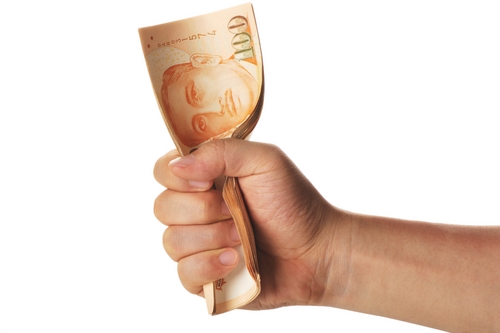
Cash-strapped Singaporeans limit expenses in 2013: survey
10% said they have no spare cash.
According to Nielsen’s latest survey, there's lower consumer spending intentions across many discretionary areas, from taking holidays and buying clothes to stock investments.
The biggest spending intention declines in Singapore were reported for investments in stock / mutual funds, down 8 points to 24 percent and savings, down 6 points to 58 percent, as well as saving for retirement, down 4 points to 20 percent.
With a slight increase in confidence in Q3 last year, spending intentions improved as well, although this seems to have been a short-lived uptick rather than a continuous improvement.
The lingering cautious sentiment could be the result of consumers having less spare cash – 10 percent of respond ents say they have no spare cash in Q4, an increase of 3 percentage points from the preceding quarter.
In the last quarter of 2012, 63 percent of consumers in Singapore indicated they have changed their spending habits to save on household expenses (up slightly from 62% in Q3 2012).
The top 3 areas where consumers have cut-back include: new clothes (55%); buying cheaper grocery brands (47%); and saving on utilities (47%).
Even when economic conditions improve, consumers in Singapore say they are likely to continue watching their household expenses (see chart 3).
“Consumers remain cautious when it comes to spending and managing their expenses and we expect them to adopt various coping strategies such as value-seeking and buying on promotions,” observes Joan Koh, Managing Director, Nielsen Singapore and Malaysia. “Companies are likely to step up on promotional activities to increase or defend their market share and while they are generally likely to see a combination of sales uplift, increased profitability and loyalty, the relationship is not a given. To protect their brand, companies need to carefully measure the impact of promotional activities.”
























 Advertise
Advertise






